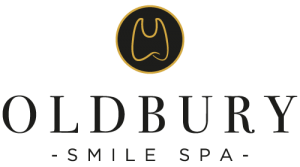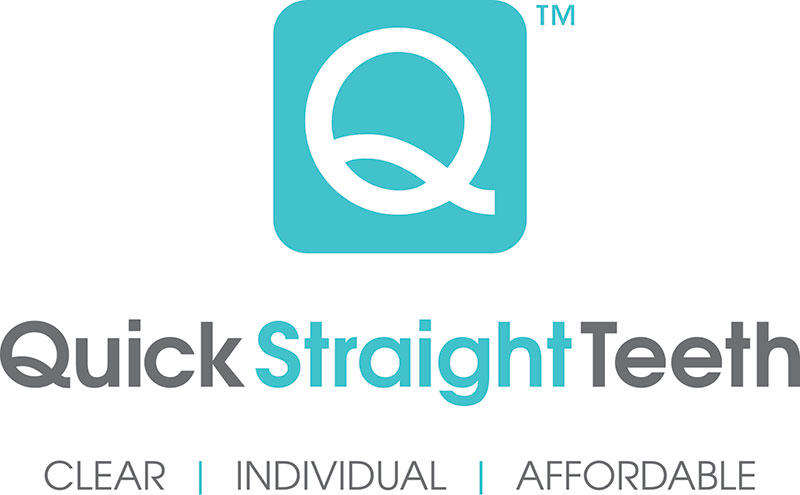What Are the 3 Types of Dental Implants?

Dental implants are considered the gold standard in modern tooth replacement, but did you know there are three primary types, each suited to different clinical needs? Understanding the types of dental implants can help you make informed decisions about your oral health and treatment journey.
At Oldbury Smile Spa, we tailor every implant plan based on your anatomy, goals and oral condition. In this article, we’ll break down the three main types of implants and explain when and why each is used.
Need personalised advice? Visit our dedicated page on Dental Implants in Birmingham or speak to a trusted Oldbury dentist today.
Table of Contents
1. Endosteal Implants (Most Common)
Endosteal implants are the most widely used type in modern dentistry. These implants are shaped like screws or cylinders and are placed directly into the jawbone.
Key Features:
Typically made from titanium
Typically made from titanium
Surgically inserted into the jawbone
Surgically inserted into the jawbone
Supports a crown, bridge, or denture
Supports a crown, bridge, or denture
Requires sufficient bone density
Requires sufficient bone density
Patients with a healthy jawbone and good oral hygiene. Endosteal implants are ideal for single or multiple tooth replacements.
- Implant is placed into the bone
- Healing period of 3–6 months (osseointegration)
- Abutment and crown placed after healing
Explore the benefits and process of Endosteal implants on our Dental Implants Birmingham page.
2. Subperiosteal Implants (For Low Bone Density)
Subperiosteal implants are placed on top of the jawbone but beneath the gum tissue. Instead of being anchored deep into the bone, they rest on a metal framework that sits just above it.

Key Features:
Custom metal frame fits over the jawbone
Custom metal frame fits over the jawbone
Ideal for patients with insufficient bone height
Ideal for patients with insufficient bone height
No bone grafting required in many cases
No bone grafting required in many cases
Patients with poor bone density who cannot or prefer not to undergo bone grafting procedures.
- A custom-made frame is fabricated using digital scans
- The frame is surgically inserted under the gums
- The posts protrude through the gums to support the prosthetic tooth
Not sure if you have enough bone for traditional implants? Our Oldbury dentist team will assess your suitability during your consultation.
3. Zygomatic Implants (For Severe Bone Loss in Upper Jaw)
Zygomatic implants are a specialised type used in complex cases, particularly when the upper jaw lacks the bone volume to support traditional implants.
Key Features:
Long implants that anchor into the zygomatic bone (cheekbone)
Long implants that anchor into the zygomatic bone (cheekbone)
Avoids the need for sinus lifts or extensive grafting
Avoids the need for sinus lifts or extensive grafting
Suitable for full upper arch restoration
Suitable for full upper arch restoration
Patients with advanced bone loss in the upper jaw, especially those previously told they are not suitable for implants.
- Requires 3D imaging and advanced planning
- Surgery performed under sedation or general anaesthesia
- Used with All-on-4 or full arch prosthetic systems
Zygomatic implants are a highly specialised option and are typically placed by experienced surgeons in implant referral centres like ours.
Learn more about advanced implant solutions by contacting Oldbury Smile Spa.
Comparison of the 3 Implant Types
Implant Type | Placement | Bone Requirement | Typical Use |
Endosteal | In the jawbone | High | Most common: single/multiple teeth |
Subperiosteal | On top of the jawbone | Low | For patients with shallow bone |
Zygomatic | Anchored in the cheekbone (zygoma) | Very low / severe bone loss | Complex upper arch restorations |
Which Type of Implant Is Right for You?
The choice depends on several factors:
- Bone density and volume
- Location of tooth loss (upper vs lower jaw)
- Overall oral and medical health
- Budget and treatment goals
At Oldbury Smile Spa, we perform advanced 3D scans and digital planning to assess your unique anatomy and recommend the most suitable implant solution.

Final Thoughts
Dental implants are not a one-size-fits-all solution. Whether you need a single tooth replaced or a full mouth restoration, understanding the three main types of implants—Endosteal, Subperiosteal and Zygomatic—can help guide your treatment journey.
Our team at Oldbury Smile Spa offers comprehensive diagnostics and expert care, ensuring every patient receives the right implant solution for their long-term success.
For more information, visit our Dental Implants Birmingham service page or get in touch with your local Oldbury dentist.











